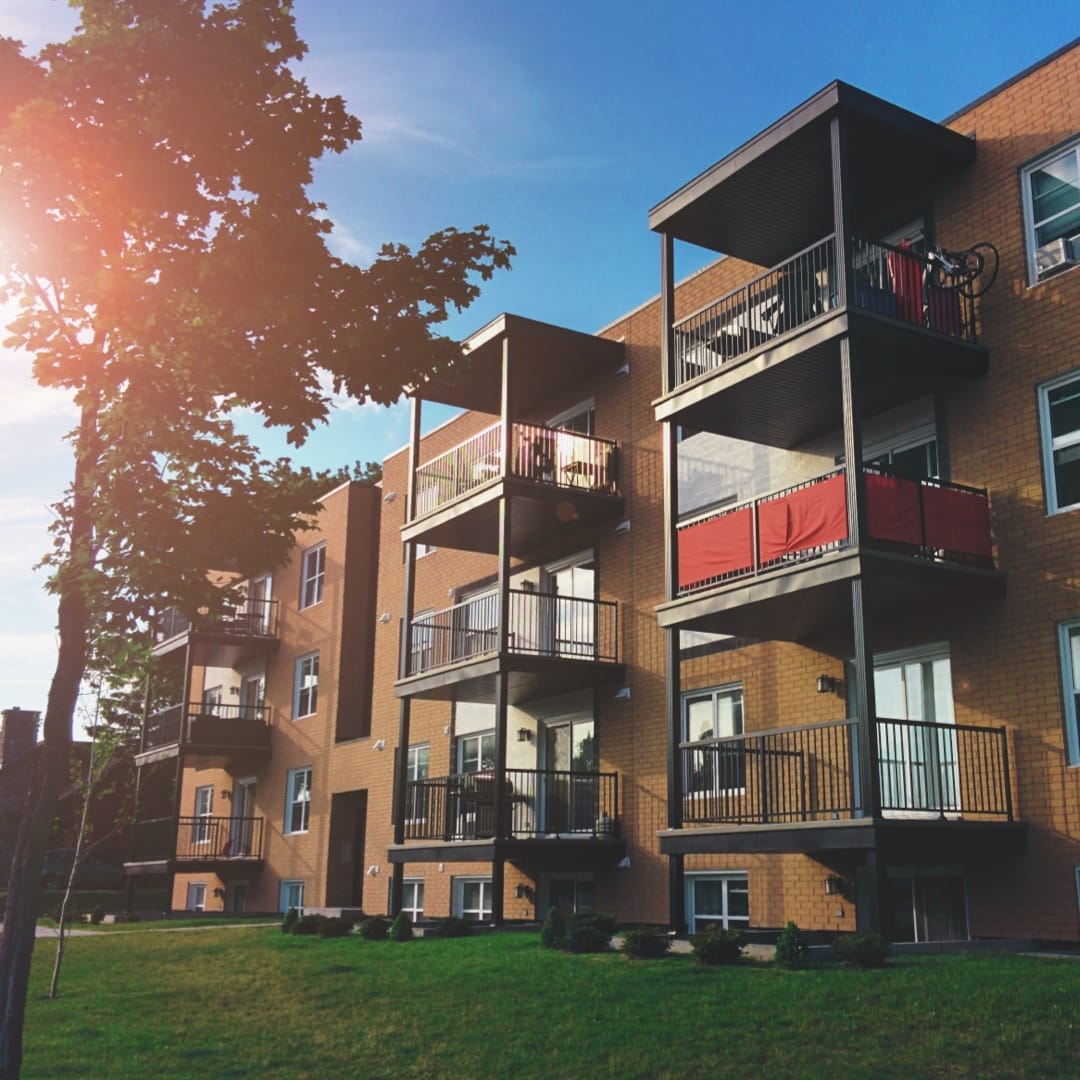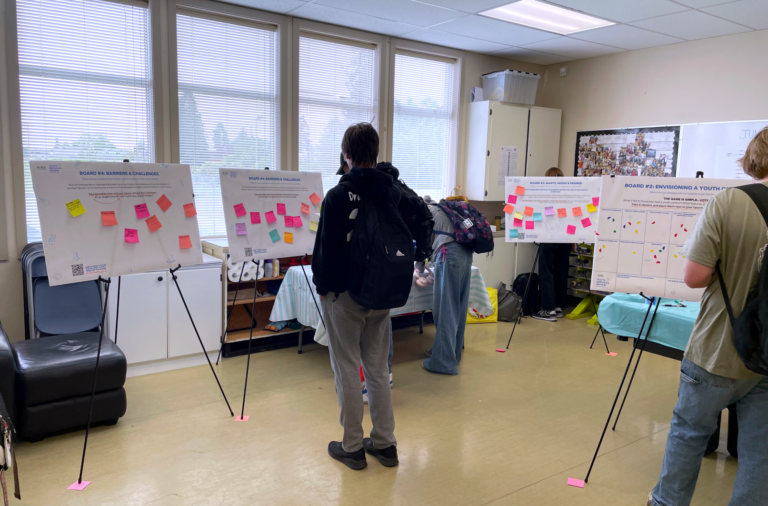
City of Surrey - 2022
Finding Our Way Home
Finding Our Way Home
Client: Surrey Urban Indigenous Leadership Committee (SUILC)
In 2022, our team continued its strong partnership with the Surrey Urban Indigenous Leadership Committee to complete an important research project on Indigenous homelessness in Surrey. “Finding Our Way Home” underscores the urgent need for more deeply affordable non-market housing and outlines key recommendations for addressing Indigenous homelessness.
An environmental scan revealed that 1 in 26 Indigenous individuals experience homelessness in Surrey compared to 1 in 239 non-Indigenous people. Additionally, the team conducted organizational interviews to uncover the causes and contributing factors to Indigenous homelessness as well as current gaps in policy, funding, and resources.
While point in time counts happen every few years, this is the first time a study like this has been done in Surrey where the focus was hearing directly from Indigenous people experiencing homelessness. The team conducted meaningful engagement with Indigenous people who have lived or living experience of homelessness. Beyond being housed, the interviews also shed light on the individual’s profound disconnection to land, family, and identity as well as a deep desire to reconnect with culture.
Impact:
Overall, this report highlights a historical underinvestment in social and housing supports for Indigenous households in Surrey and will be used to inform immediate actions as well as future strategies.
Client: Surrey Urban Indigenous Leadership Committee (SUILC)
In 2022, our team continued its strong partnership with the Surrey Urban Indigenous Leadership Committee to complete an important research project on Indigenous homelessness in Surrey. “Finding Our Way Home” underscores the urgent need for more deeply affordable non-market housing and outlines key recommendations for addressing Indigenous homelessness.
An environmental scan revealed that 1 in 26 Indigenous individuals experience homelessness in Surrey compared to 1 in 239 non-Indigenous people. Additionally, the team conducted organizational interviews to uncover the causes and contributing factors to Indigenous homelessness as well as current gaps in policy, funding, and resources.
While point in time counts happen every few years, this is the first time a study like this has been done in Surrey where the focus was hearing directly from Indigenous people experiencing homelessness. The team conducted meaningful engagement with Indigenous people who have lived or living experience of homelessness. Beyond being housed, the interviews also shed light on the individual’s profound disconnection to land, family, and identity as well as a deep desire to reconnect with culture.
Impact:
Overall, this report highlights a historical underinvestment in social and housing supports for Indigenous households in Surrey and will be used to inform immediate actions as well as future strategies.



